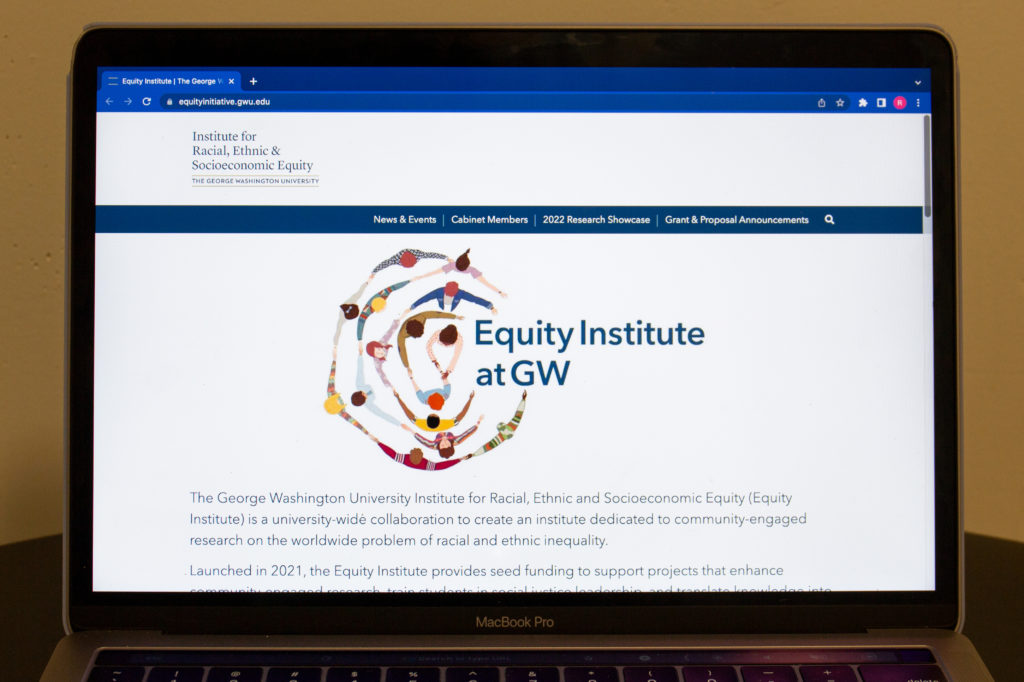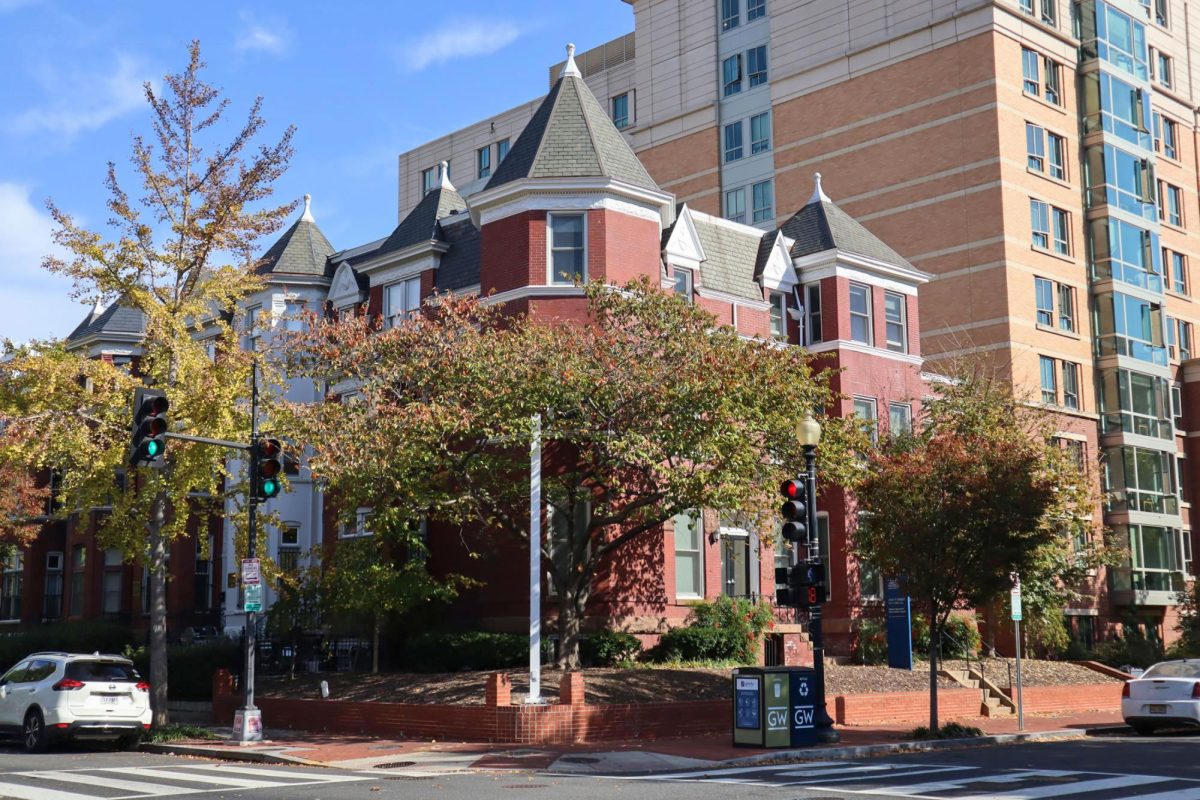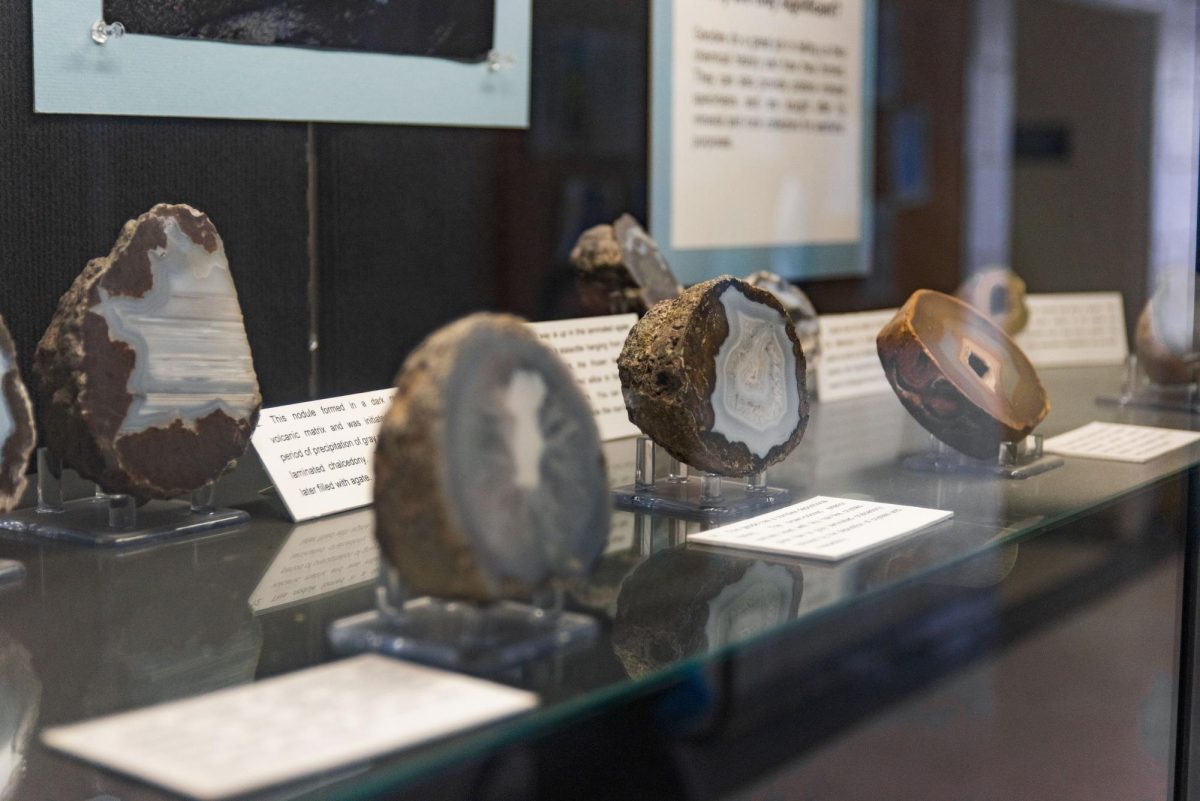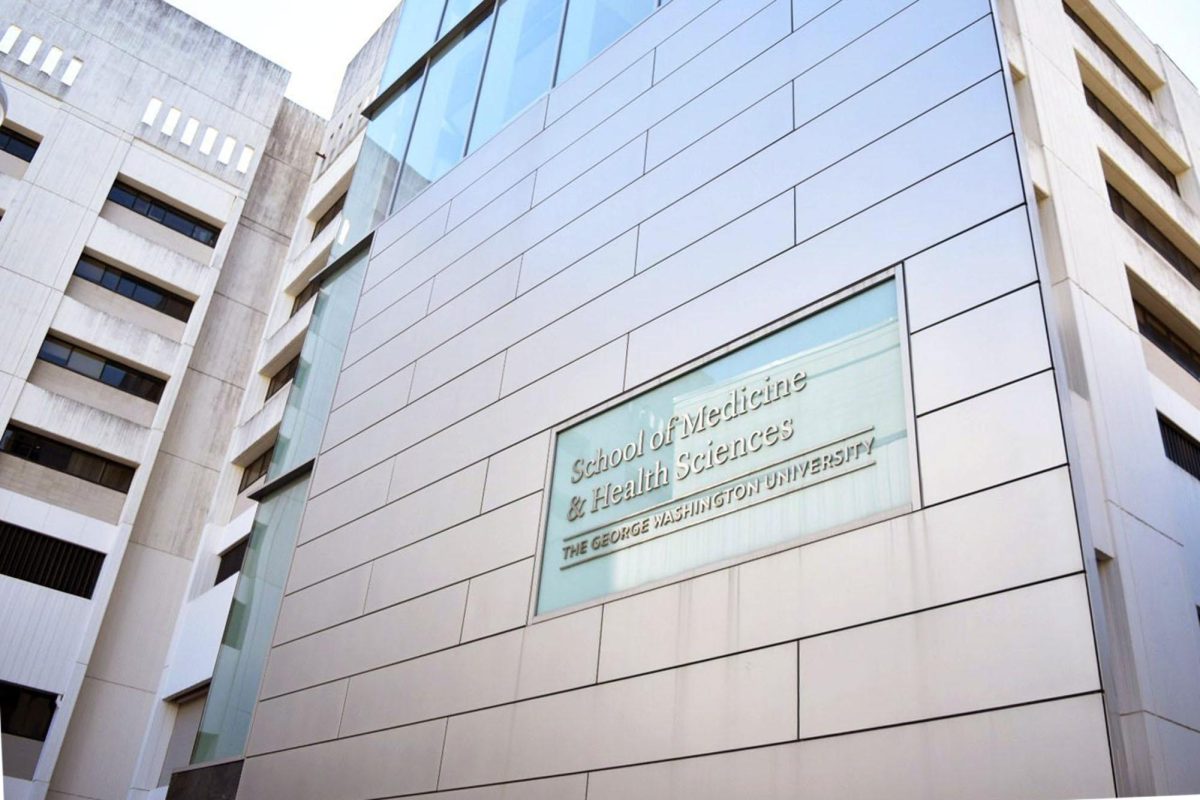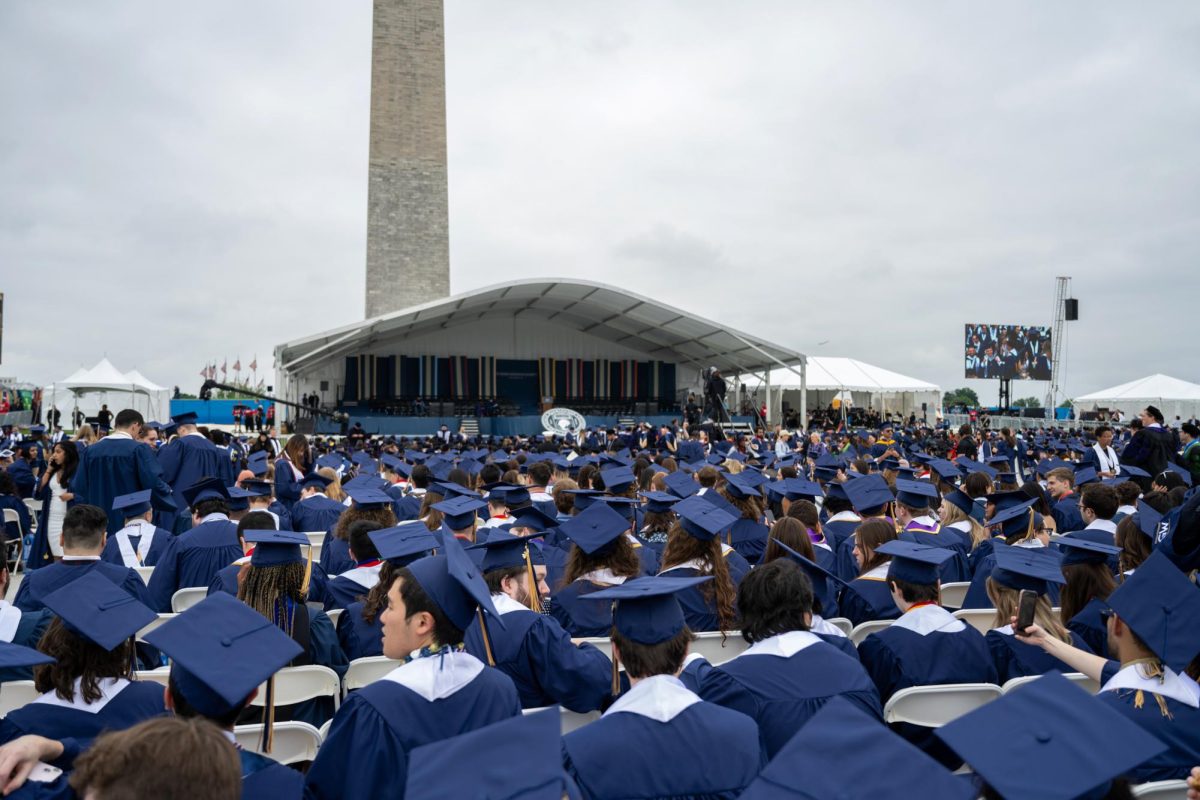GW chartered an interdisciplinary, collaborative research institute working to address racial and ethnic inequality, according to a University release last week.
Officials granted an official charter – a legal document establishing the goals and structure of an organization – to the GW Institute for Racial, Ethnic and Socioeconomic Equity, a research institute aimed at supporting social science, engineering and law scholars researching worldwide inequality. The announcement follows the institute’s original launch in 2021, and officials will now begin the search for the institute’s inaugural executive director, according to the release.
“The institute’s establishment officially opens a new collaborative, interdisciplinary chapter for GW researchers addressing questions of racial and socioeconomic justice,” the release states.
Dayna Bowen Matthew, the dean of GW Law and the institute’s faculty director, said she hopes the charter will “mark GW’s commitment to justice” and establish the University as a resource for scholars, educational institutions and government entities engaged in policymaking.
“GW has dedicated its resources to support faculty and students who seek to improve societies near and far by contributing to the work of eradicating discrimination, bigotry, prejudice and inequality – to advancing the cause of justice, both here in the United States and around the world,” Matthew said in a release.
The Equity Institute currently provides seed funding to 31 projects on social justice, like a project on the impact of parental incarceration on children’s mental health, spearheaded by GW professors and staff and non-GW recipients, an increase from 10 projects last semester.
Kian Azimpoor, a third-year GW Law student, said pursuing a project on disparities in the criminal justice system in partnership with the Justice Innovation Lab – an institute-funded organization working to find solutions to inequalities in the criminal justice system – through the Selected Topics in Criminal Justice course allowed him to engage with “real-world problems,” like systemic racism in the legal system.
“In a way, it’s probably the most creative class I’ve ever taken – the kind of course that has the ability to help facilitate a new wave of innovative law students,” Azimpoor said in the release.
Saniya LeBlanc, an associate professor of mechanical and aerospace engineering, said the institute’s funding for her project on how advancing technology can improve health care outcomes “catalyzed” her ability to create partnerships with other D.C. organizations.
“We are learning so much about the different perspectives, approaches and experiences across healthcare, energy infrastructure, transportation and education as our project team builds bridges between disciplines and organizations in D.C.,” LeBlanc said in the release.
The institute will host its annual Global Equity Workshops in the Milken Institute School of Public Health April 26, featuring a presentation titled “The Impact of Colonialism on Surgical Training Structures on Africa,” according to the release.


